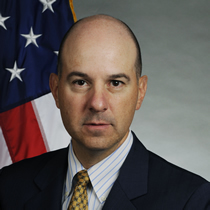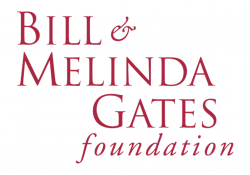Knowledge Ecology International (KEI) has received a copy of U.S. industry demands on the Intellectual Property chapter of the Trans-Pacific Partnership Agreement (TPP) negotiations. A draft letter from US industry to USTR has been leaked and is available here.
Continue Reading →
November 29, 2010 Revised January 4, 2011 Introduction This timeline contains a number of selected data points concerning Microsoft and the Bill and Melinda Gates Foundation (BMGF). The motivations for this timeline, which features entries for both Microsoft and the… Continue Reading →
25 November 2010
The fourth day of WIPO’s Committee on Development and Intellectual Property(CDIP6) has witnessed a rich discussion on how to implement Recommendation 36 of the WIPO Development Agenda which states:
Recommendation 36 (Cluster D): To exchange experiences on open collaborative projects such as the Human Genome Project as well as on intellectual property models
Continue Reading →
The 6th session of the WIPO Advisory Committee on Enforcement is taking place in Geneva from 1-2 December 2010. KEI’s observations on the 5th session, entitled, Positive outcome reached at WIPO Advisory Committee on Enforcement while ACTA looms in the East can be found here:/node/681.
Continue Reading →
Today I am attending a meeting at the European Parliament on new models of innovation for medical technologies. The event was organized by three MEPs, Thijs Berman, Eva Joly and Carl Schlyter, in collaboration with the European Parliament Working Group on Innovation, Access to Medicines and Poverity-Related Diseaes, and several consumer rights, public health and development NGOs (TACD, Health Action International, KEI, Oxfam and IQsensato).
Continue Reading →
In a October 19, 2010, Senators Bernard Sanders (I-VT) and Sherrod Brown (D-OH) wrote to David Kappos, the Director of the USPTO, asking for an assessment of conflicts between the October 2010 ACTA text, and U.S. law. (attached here).
 |
Undersecretary of Commerce for
Intellectual Property, David Kappos |
Continue Reading →


